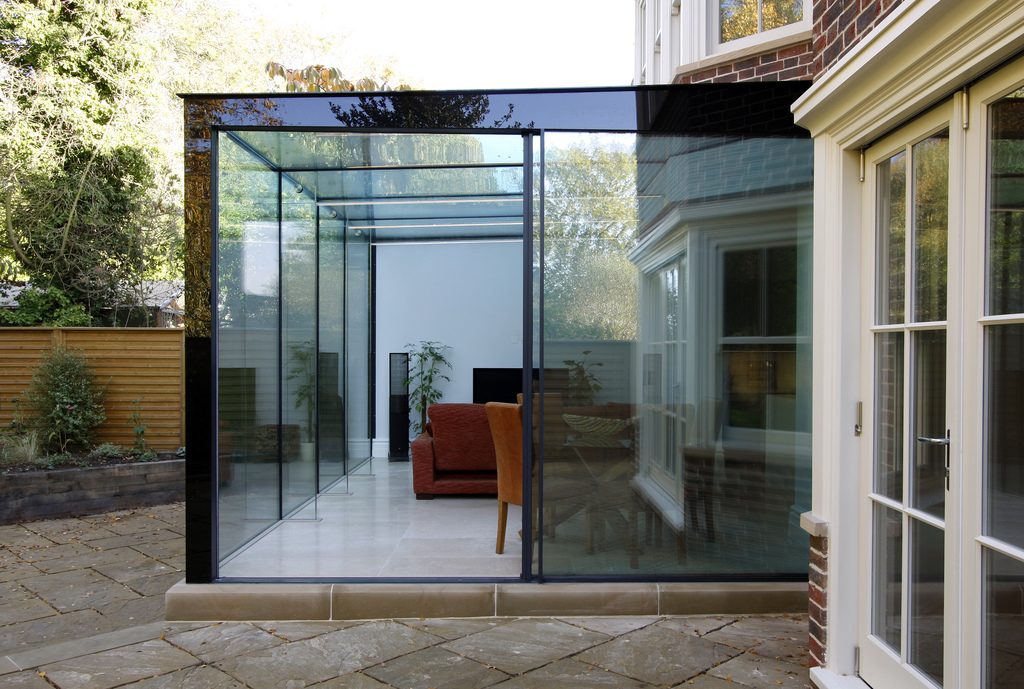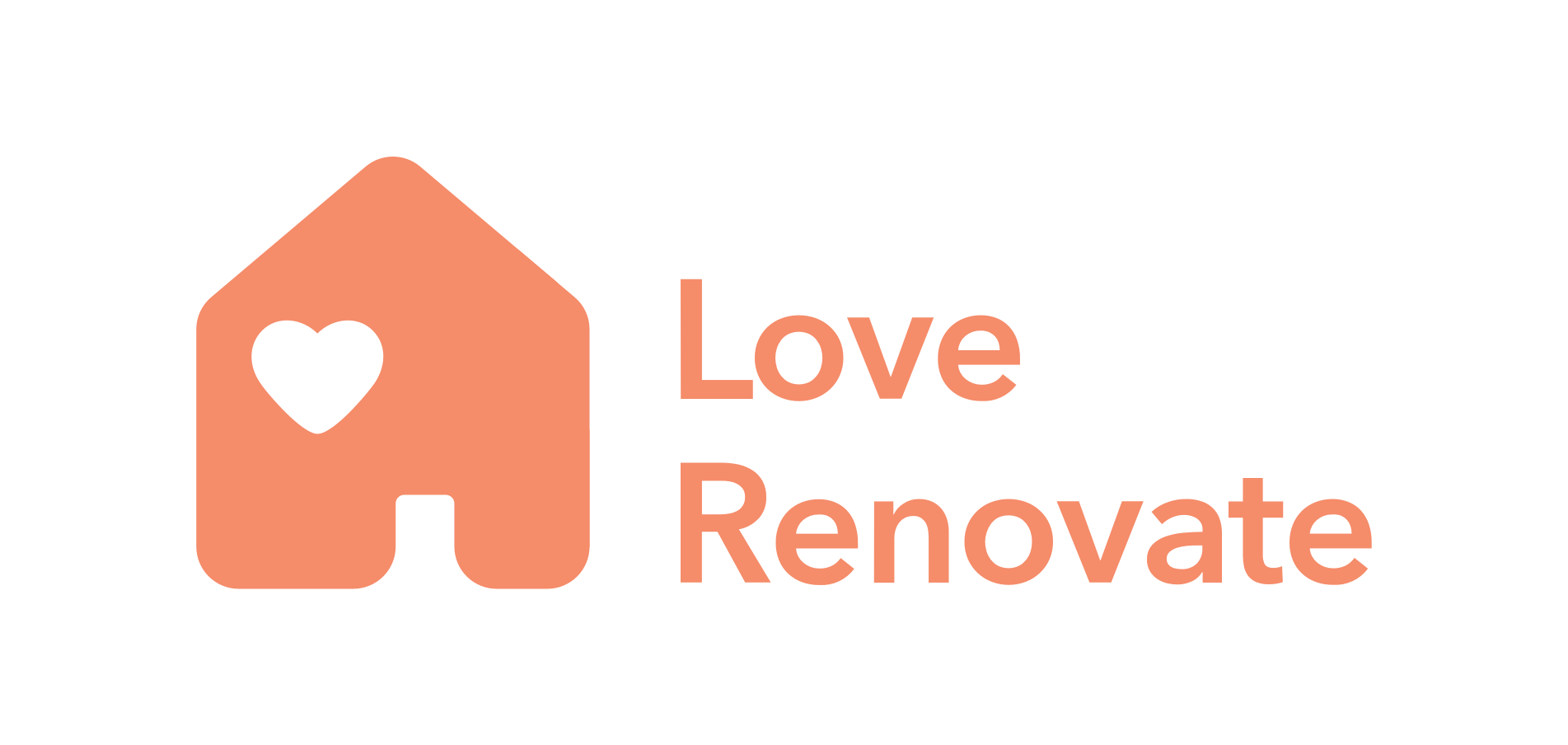Expert Advice - Modern Glass Extensions
Share
Copy Link
Modern glass extensions are a great way to bring light into your home and work well with an open plan living space or as a separate room. Their rise in popularity is not only in contemporary homes but also traditional Victorian homes too, where a contrasting modern glass extension can look really striking. We catch up with IQ Glass, who tell us everything we need to know about glass extensions, from different styles to the average cost.
Glass extensions are growing in popularity - how do these differ from standard extensions and what are the pros and cons?
A glass box extension is an extension where all walls and the roof are made of glass. Pros of a fully glazed extension is that the internal space is bathed in natural light, giving you the feeling that you are outside when you are inside. They are also favoured by planning officers for sensitive listed buildings. The Con is that there is no wall space to hang a TV, have a plug or put up a bookshelf. Also, if the glass is not specified to a high enough standard these highly glazed spaces can overheat in the summer due to solar radiation.
A glazed extension is more common where the roof is solid, perhaps with a small rooflight within it, with all walls of the extension made of glass. This provides a natural elements of solar shading but you still maintain the connection with the outside with floor to ceiling glass walls. If you choose the slimmest frame possible with no visible frame above the finished floor level then your internal spaces will merge with the outside even when doors are closed.

Modern glass extension by IQ Glass
What should I look out for with planning permission and building regulations with a modern glass extension?
Ensure that the glass and framing systems used have a high thermal performance. Building regulations requires a Uw value of 1.6 for all glazing on extensions. If you exceed 25% glazing then you should use glass installations with a thermal performance that is better than this.
Ensure that any U values quoted to you are true Uw values which is the full thermal performance of the entire glass installation. The thermal performance of glass on its own (ug value) is sometimes quoted by glass companies to make it seem as if their systems are more thermally efficient than they are.
What material is used for the frame of a modern glass extension?
The most common framing material used on modern glass extensions is aluminium. It is cost effective and easy to care for with a modern finish so suits itself to modern designs. Sliding doors with aluminium frames can have sightlines of as little as 21mm for an ultra sleek and minimal glass extension design.
There is a growing trend towards using thermally broken steel windows and doors on glass extensions that create a more traditional appearance but still use lots of glass. A steel French door will give you a much slimmer frame than an aluminium French door frame which is one reason why. Plus the corners of steel windows and doors are fully welded and seamless whereas most aluminium casement doors and windows will have visible joining lines. Steel is preferred by designers with an eye for detail.

Glass extension by IQ Glass
How do I avoid the room getting extremely cold in the winter or warm in the summer?
To avoid the room being cold ensure that you use double glazing units as a minimum and ensure that any framing used is fully thermally broken (that means that there is a non-conductive material through the centre of the frame that separates the frame touching the cold outdoors from the internal frame). Any glass systems used should have a Uw value of less than 1.6 W/m2K. The smaller the Uw value the more thermally insulating it is. Double glazed units should have a Ug value of no more than 1.2, 1.1 to 1.0 is best though, they should have low e coatings (to reflect radiant heat back inside) and an argon gas filling.
Also check out the air permeability of any window or door systems used. This is a test for how much air (drafts) comes through the system. Class 4 or 3 is preferred to ensure that the doors are not drafty!
Obviously the space will need to be heated as well but if you take the measures above the glass extension should be thermally insulating enough to keep the warm in.
In the summer, to reduce overheating, you can either use external shading solutions like blinds or automated louvre roofs or use solar control coatings on the glass. What you are trying to do is reduce the amount of solar radiation coming through the glass units which is what causes the overheating. Specialist solar control coatings used on the glazing can reduce the amount of solar radiation coming through the glazing down to 30% without reducing too much light coming through.
How do you ensure the seals are watertight, especially on a side return glass roof that joins a wall?
Best way to ensure this is use a company that details the design and fixing for each project and does a site survey. And use a company with a long reputation and lots of experience.
Not every project is the same so will need an individual touch.

Modern glass box extension by IQ Glass
What is the range of price for a modern glass extension?
The cost of a glass extension will depend on the type of glazing used and the type of doors used to the extension to access the garden. A full glass box with a glass roof and the slimmest framed sliding glass doors would normally be roughly £4,000 per m2 but this cost can vary wildly depending on size, shape, location and glass options.
Who is best to install it?
It is best to get the glazing company to install it. They know their product and the design details.
A glass conservatory or extension - which would you choose?
I would choose an extension. The only difference between an extension and a conservatory is that a conservatory has thermally efficient doors between the new space and the existing house, meaning that the extension doesn’t have to meet the building regulations requirements for thermal performance. An extension is fully open and becomes a proper part of your home rather than a bolt on. You can get a much more usable space from an extension.

Glass extension by IQ Glass
Anything else to consider?
The doors that you use as part of your modern glass extension are important. Bi-folding, sliding, French. Do you want timber or aluminium steel? They will all change the look of the extension and how you use it.
Flush thresholds across the base of the door will give you the best connection with the garden.
Published: September 28, 2018



